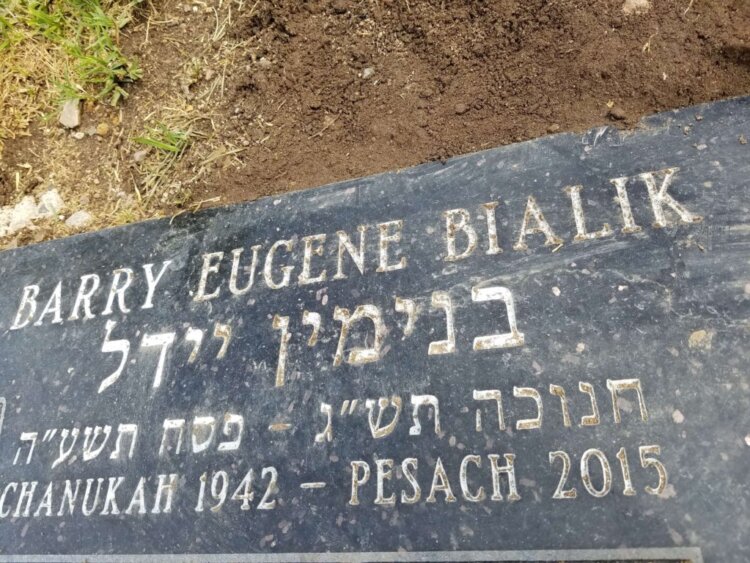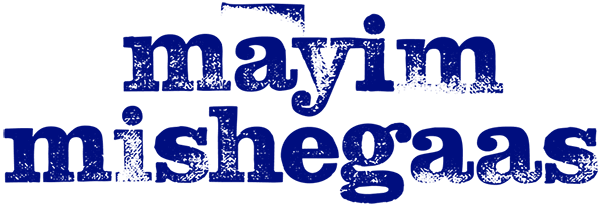
Today is April 9. The ninth day of the fourth month. The day is full.
Passover, the Jewish festival of Freedom celebrating the Exodus from Egypt -the transformation from slavery to liberation – begins tomorrow night.
There are so many things to do to prepare: food to cook, dishes to set out, beds to prepare for guests.
One of the women closest to me in my family announced yesterday that she has a baby growing in her tummy. When she told me, I wept like a child.
New life. Brewing. Hovering. A soul cradled safe in a womb of my ancestors; her genes and mine share the possibility of hope. Redemption. Love.
At the same time, this week, our President made what I imagine is was a very complicated decision to send missiles into Syria as a direct response to President Bashar al-Assad again attacking his own people to advance his own regime. The images of Syrian refugees blends with the images of Syrian victims blends with the faces of confusion from the right and the left alike.
Two years ago, I prepared this way for Passover. Cooking, cleaning, setting out dishes.
Two years ago, she wasn’t pregnant but the egg cell which is now a baby growing in her belly was there; waiting.
Two years ago, Syria was already a battlezone.
Three versions of reality.
The first is historical inevitability. Every year we prepare for Passover. We may change, but the holiday doesn’t. The calendar dictates Pesach by the Forces forces of nature and spring and mystical readiness.
The second reality is that of miraculous novelty. She wasn’t pregnant and now she is. That egg may have waited forever. Now it waits no more: its time was is now.
The third reality is of a tension that feels permanent but isn’t. There has to be a solution; an end to suffering and an end to the cycle of violence, an end to the number of times whereby I have to explain to my sons that war and destruction and retaliation may have noble motivations, but they are painful reminders of our eternal struggle as humans.
Inevitability, miracles, tension.
Two years ago today, my father’s soul left his body. He completed his transition to the place I promised was waiting for him: a place where he didn’t have to worry about preparing for holidays and shifting luck and the fate of a people we can’t fix overnight.
Two years ago my father, Binyomin Yidl ben Meir v’Shayna Duba z”l, became free. And with his freedom, I became a prisoner of Grief.
Hi, Grief. I knew you were still there.
_____
I had a miraculous shift recently personally; it’s not necessary to share the details of the unchaining I have experienced. Suffice it to say that inevitability, miracles, and tension have been my constant companions as of late and it is exhilarating. My sense of gratitude for the people who manage to love me has increased exponentially.
The shift that the Universe has handed me is bittersweet right now. I want everything and I want everything now. I want to be in control of everything and I want to direct the actors in this play. I want to love everyone I love so hard. I want to grasp the straws that are rushing past me as we shift into hyperspeed. I want to cling so tightly, I want to hold fast to It.
But. But. But.
Grief inserts Herself everywhere and at the most surprising times.
Grief may hide, but Grief does not go away.
Grief has Her own inevitability: the final breath.
Grief has Her own miracles: release.
Grief has Her own tension: the rest of my life without my Abba.
As I finish preparing for Passover and for the end of Passover which holds my father’s Hebrew yahrzeit (date of passing), I want to remember it all:
The inevitability of the fate of the Jewish people.
The miraculous nature of our existence as human beings in a Divine world.
The tension of strife which exists alongside manifold blessings.
____
My father would often say, “La vida es sueno.” He was not a native Spanish speaker; I honestly never knew what the reference was.
I just looked it up.
“Life Is a Dream is a Spanish-language play by Pedro Calderón de la Barca. First published in 1635 (or possibly in early 1636), it is a philosophical allegory regarding the human situation and the mystery of life.” A Polish prince is imprisoned in a tower by his father after a prophecy suggesting that the prince would bring disaster to the country and death to the King. The prince is briefly freed by his father, but goes on a rampage and he is again imprisoned. His father persuades the prince that it was all a dream.
I wonder what my father’s dreams are like now.
Does he dream of Passover and new babies and war? Does he dream of comfort and peace and home and a heart to hold me? Does he dream of me like I dream of him?
Grief: I knew you were still there.




 Read More From Mayim
Read More From Mayim
Grok Nation Comment Policy
We welcome thoughtful, grokky comments—keep your negativity and spam to yourself. Please read our Comment Policy before commenting.